Are you planning to visit India? Then, it’s time to get your paperwork in order! Applying for an Indian visa can be a daunting task, especially if you’re not sure about the required documents. But don’t worry; we’ve got you covered! In this blog post, we’ll tell you about the five must-have Indian visa documents that will make your travel experience hassle-free. From passport copies to proof of accommodation and financial means, read on to ensure a smooth journey ahead! Indian Visa Documents Required
What documents will I need to travel to India?
When traveling to India, make sure you have the correct documents to prove your identity and travel eligibility. You’ll need a valid passport, visa, and landing card. If you’re using an electronic passport, you’ll also need to bring your e-passport card.
To visit India as a tourist, you will need a visa that is valid for at least six months. If you’re traveling for business or journalistic purposes, you will likely require a Business Visa. To qualify for a Business Visa, you’ll need proof of financial stability and involvement in the Indian market.
If you’re traveling with children, make sure they have their birth certificates or passports stamped with their age and nationality. Additionally, they may want to bring proof of immunization against hepatitis A and B (if travelling during the summer), typhoid fever (if travelling during the winter), and polio (if travelling during January-March). Indian Visa Eligibility
Finally, it’s important to note that any onward travel from India requires a new visa application. Make sure to carry all of your required documents with you when applying for your visa at the embassy or consulate in your destination country.
How can I prepare for my trip to India?
If you’re planning a trip to India, there are a few documents you’ll need to prepare in advance. Here’s what you need:
1. Your passport – Make sure your passport is valid for at least six months after your planned departure from the United States.
2. Your visa – If you’re traveling to India on business, you’ll probably need a Business Visa. If you’re visiting family or friends, a Tourist Visa will likely suffice. Check with the Indian embassy or consulate in your country of residence for more information on visas and requirements specific to your destination.
3. Your tickets – Make sure your tickets are valid and have all the required stickers and stamps. You’ll also want to make sure that the airline has made reservations for you in case of problems with your visa or passport.
4. A credit card – In case of emergencies (such as lost passports or delayed flights), it can be helpful to have access to some cash in case of hefty taxi fares or other expenses not covered by your travel insurance policy.
5. Proof of onward travel – In case your airline denies boarding due to incomplete paperwork, having proof of onward travel can help smooth things over and expedite refunds if necessary. This might include a copy of your ticket, itinerary, or confirmation email from the accommodation/travel company you’re using.
Do you need a visa to travel to India?
Whether or not you’ll need a visa depends on your nationality and the country you’re visiting. Generally, citizens of most Western countries don’t need visas for visits of up to six months. However, if you’re visiting India for tourism purposes rather than work or study, you may be required to obtain a tourist visa.



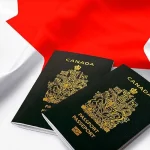
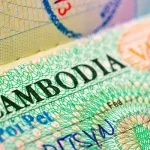

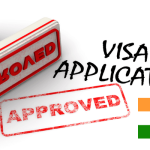




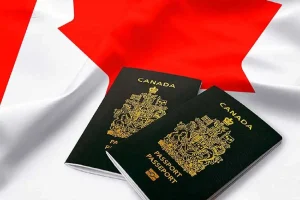
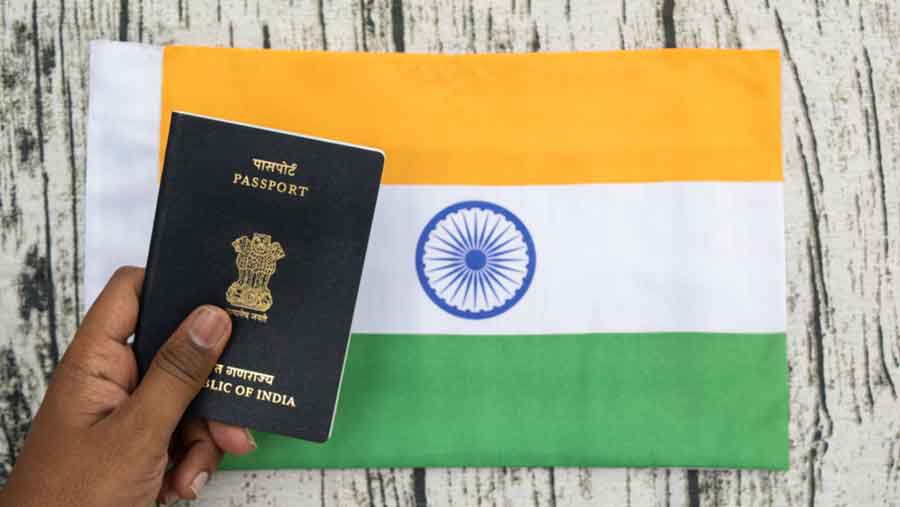

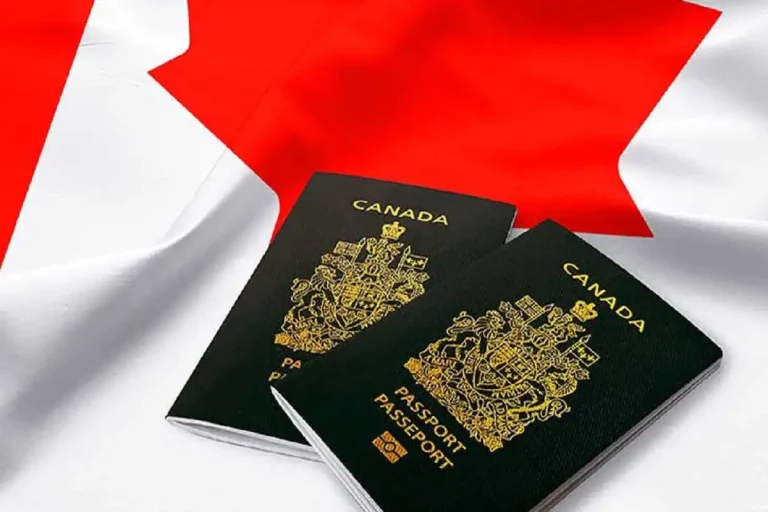
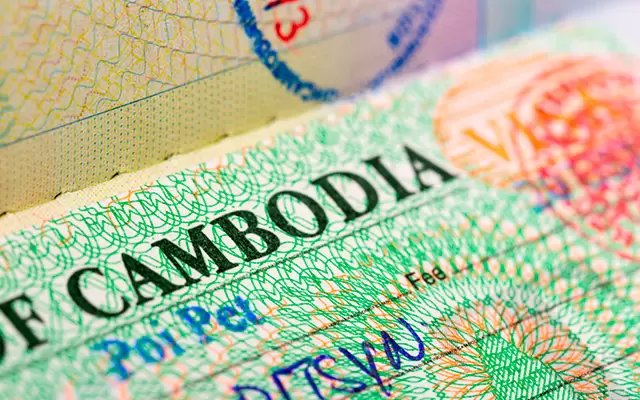

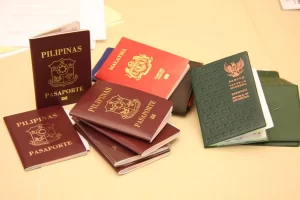



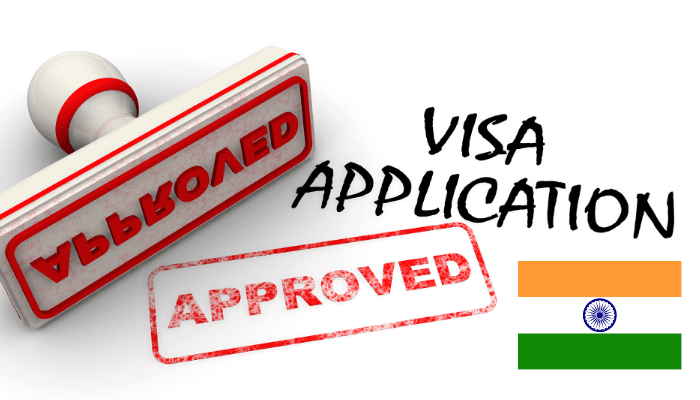
+ There are no comments
Add yours